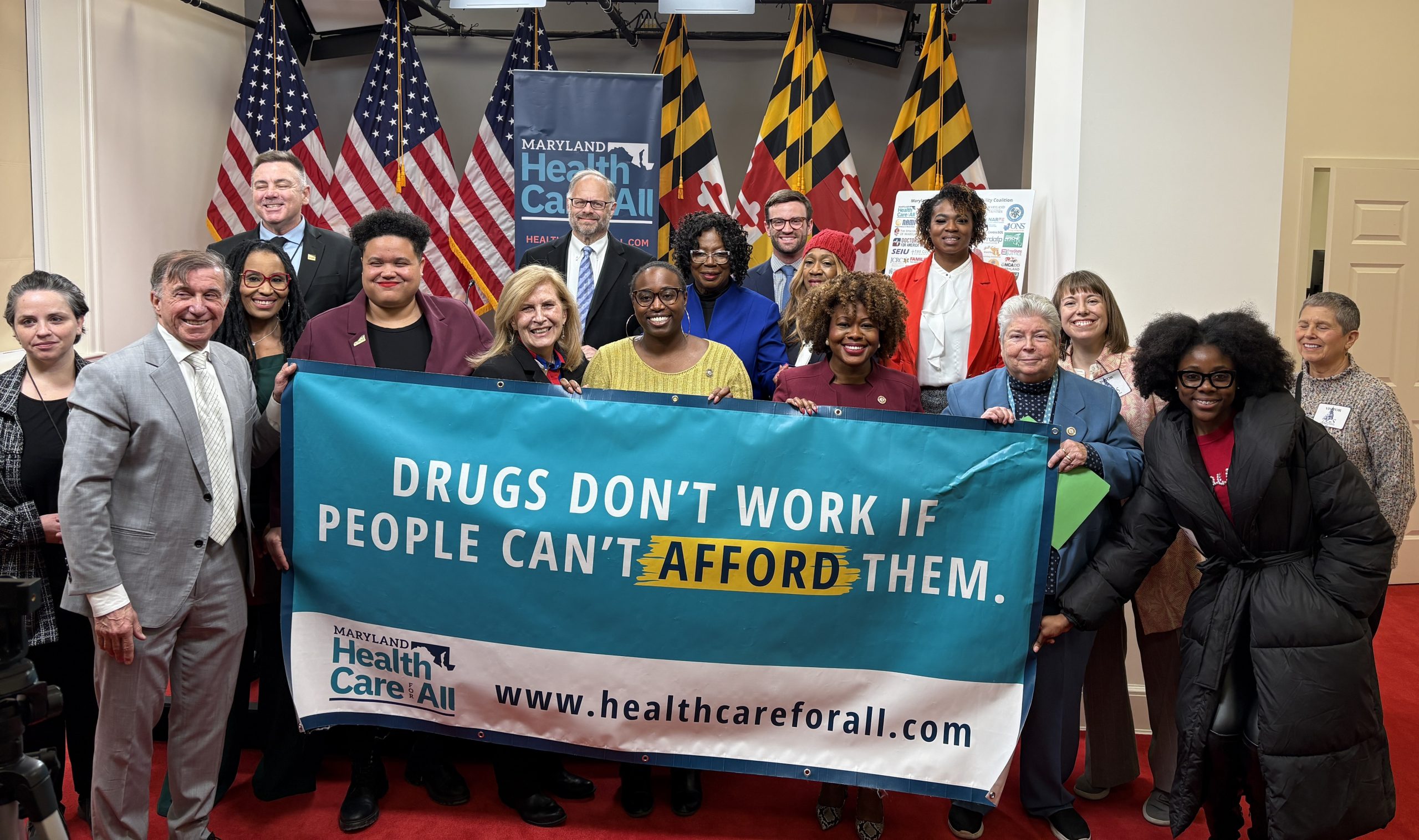Baltimore Sun
March 26, 2017
Editorial
Although the legislation Attorney General Brian Frosh proposed to tackle the problem of skyrocketing generic drug prices was novel — if enacted, Maryland would be the first state in the nation to give its AG the power to take pharmaceutical companies to court for price gouging — the concept was fairly simple. It would allow the attorney general to demand an explanation from a manufacturer if an “essential off-patent or generic drug” is subject to an “unconscionable increase” in price, meaning it is not justified by an increase in the cost of production or other reasonable factors and leaves consumers dependent on that medication with no viable choice other than to purchase it at an inflated price. In order to help the AG learn of such cases, the Maryland health department would be required to notify him if the price of certain drugs increased by more than 50 percent in a year. If necessary, the attorney general could take a manufacturer to court to compel cooperation and, if warranted, seek remedies, including refunds to consumers and fines for the company. After much discussion with the pharmaceutical industry, it passed the House of Delegates 137-4.
But a funny thing happened on the way to the Senate Finance Committee.
Between passage in the House and consideration of the bill in the Senate, the pharmaceutical industry decided that the 50 percent reporting threshold in the bill was actually the minimum threshold for an “unconscionable increase.” The lobbyist for the Pharmaceutical Research and Manufacturers of America (or PhRMA) testififed in the Finance Committee that “We believe there is a link between the threshold and the unconscionable standard. … There is no doubt in our mind that they are linked.” The lobbyist for the generic drug manufacturers said they were willing to accept the House bill because of an understanding that such a link existed, testifying that “having that bottom threshold in there really made us feel secure that this wasn’t going to negatively affect the competitive marketplace.”
The senators on finance, whose work on the matter evidently included actually reading the bill, appeared mystified. “The trigger stuff is related to the notification,” Sen. Brian Feldman, a Montgomery County Democrat said. “What is confusing about that?” Sen. Thomas M. “Mac” Middleton, the committee chairman and a Southern Maryland Democrat, said he was now confused. “But the unconscionability standard was in the House bill. … You supported it in the House bill. It’s still there.” Sen. James Rosapepe, a Prince George’s Democrat observed: “I think you maybe misread the House bill.”
The pharmaceutical folks insisted that there was legislative intent on the part of the House to link the 50 percent reporting trigger with the unconscionability standard, but that is quite simply not what the bill says. And it shouldn’t. A 50 percent increase in a year is simply too lax a standard for what constitutes price gouging. The public was in an uproar last summer over the massive increase in costs for EpiPens, but their price never increased by as much as 50 percent in a year, instead rising by 20 percent to 30 percent annually over a period of several years. For this reason, Mr. Frosh’s initial proposal called for reporting when a price increased by 50 percent or more over a two-year period.
Now Mr. Frosh has grown concerned that a judge somewhere down the line might conflate the two issues as well and see an implied linkage where none was intended. He is proposing to remove the health department reporting mechanism altogether to eliminate any possible source of confusion. Getting that notification would certainly have been helpful, but there are plentiful other sources for the information.
It’s a sensible solution that keeps the intended effect of the legislation intact and should cause no qualms for anyone who supported the original bill, and the Finance Committee has already moved to adopt it. The standard for what constitutes an “unconscionable increase” remains precisely the same as in the bill the House passed overwhelmingly on a bipartisan basis. If anything, this version eliminates some administrative burdens for the state government that were arguably unnecessary anyway.
The pharmaceutical industry is arguing that the bill, as now amended, lacks a clear, numerical standard for what counts as price gouging and eliminates a process from the original bill that provided manufacturers to work with the attorney general before matters landed in court. In the original version, the AG could have compelled manufacturers of drugs that triggered the 50 percent reporting requirement to produce documents justifying the increase. It made sense to have some definitive standard in connection with giving the attorney general the power to compel a company in that way, but putting the question in the hands of a judge may actually be better for the industry and would prevent the AG from abusing his or her power.
We urge the Senate to adopt Mr. Frosh’s proposed amendments and the House to concur and send this bill — literally a matter of life and death for consumers — to Gov. Larry Hogan’s desk.



